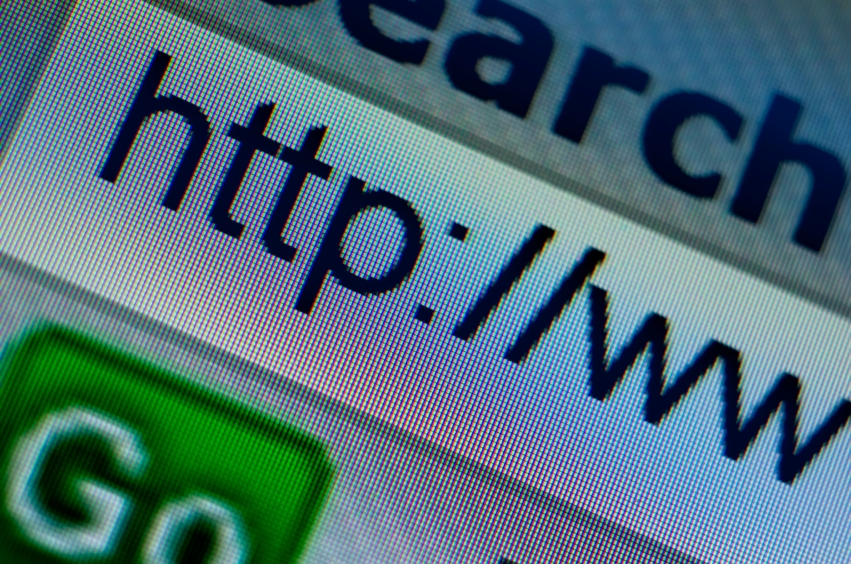Google and Search Engines are Ruining our Lives
Google and search engines are ruining our lives. I’m convinced of it. Sure, we can now find everything we want to know about any given subject by typing a word and hitting search. Now wait. We don’t even have to finish typing the word. Magical internet search engine elves anticipate our search criteria and fill in the rest of word or phrase for us, most of the time with eerily accuracy. What’s so wrong about that? Well, the instant retrieval of exactly the information we search for is convenient for sure, but it is doing away with a part of my past I wish I could still have: serendipitous discovery.
I remember looking through the card catalog and pouring through stacks of books in my college library in search of a book and finding authors and titles that were not even on my radar, but due to the “analog” nature of my search, our paths crossed and the tome I was not looking for ended up changing my life. Those opportunities are rare in the efficient world of the search engine.
The digital assumption is that we know exactly what we want and all we need is help finding it. But do we really? How will we ever discover a better alternative to our limited assumption if we take away the wonder of the unexpected? How will we ever meet the more interesting, exotic and surprisingly fun girl if the only dates we are matched with are based on our Barbie-like profile preference? Darn search engine meta-tags. You are the nemesis of serendipity.
Don’t get me wrong, I love the fact that knowledge is no longer a differentiator. These days a head full of facts is a waste of brain power. Who needs to memorize trivia when you can access the world’s knowledge in your cell phone in 30 seconds or less? But I miss the random encounters with facts, writing, music, and people that my old analog world forced me to experience. It was in those moments that I ran across an obscure Shakespearean sonnet, that I discovered the music of Basha, that I met the woman who would become my wife.
Now I can find exactly what I want. But is that what I really need?
Have I lost it? Am I completely off base here?
Subscribe
Delivered by FeedBurner


Pingback: OneClickk.com()
Pingback: seo services()